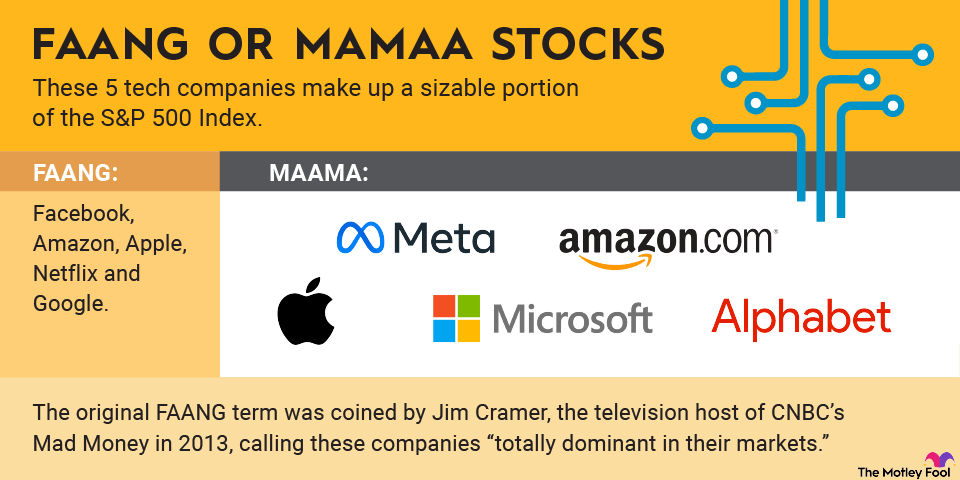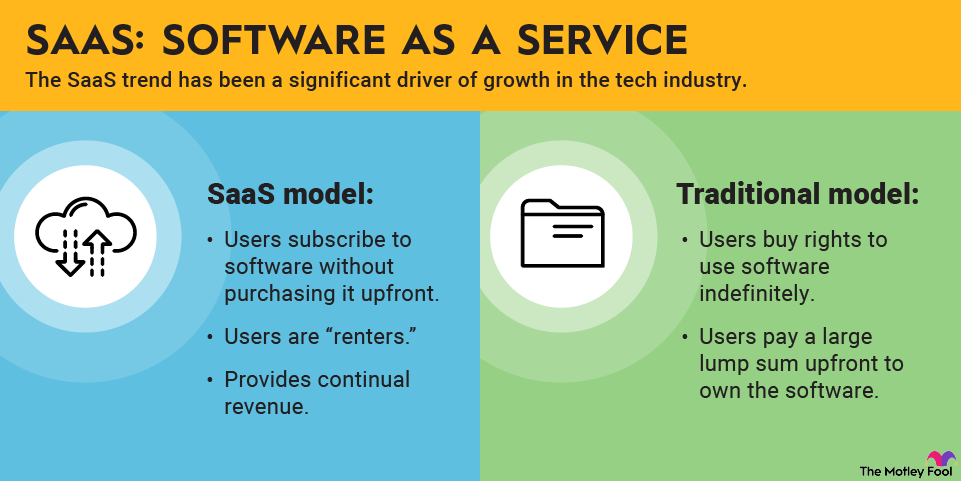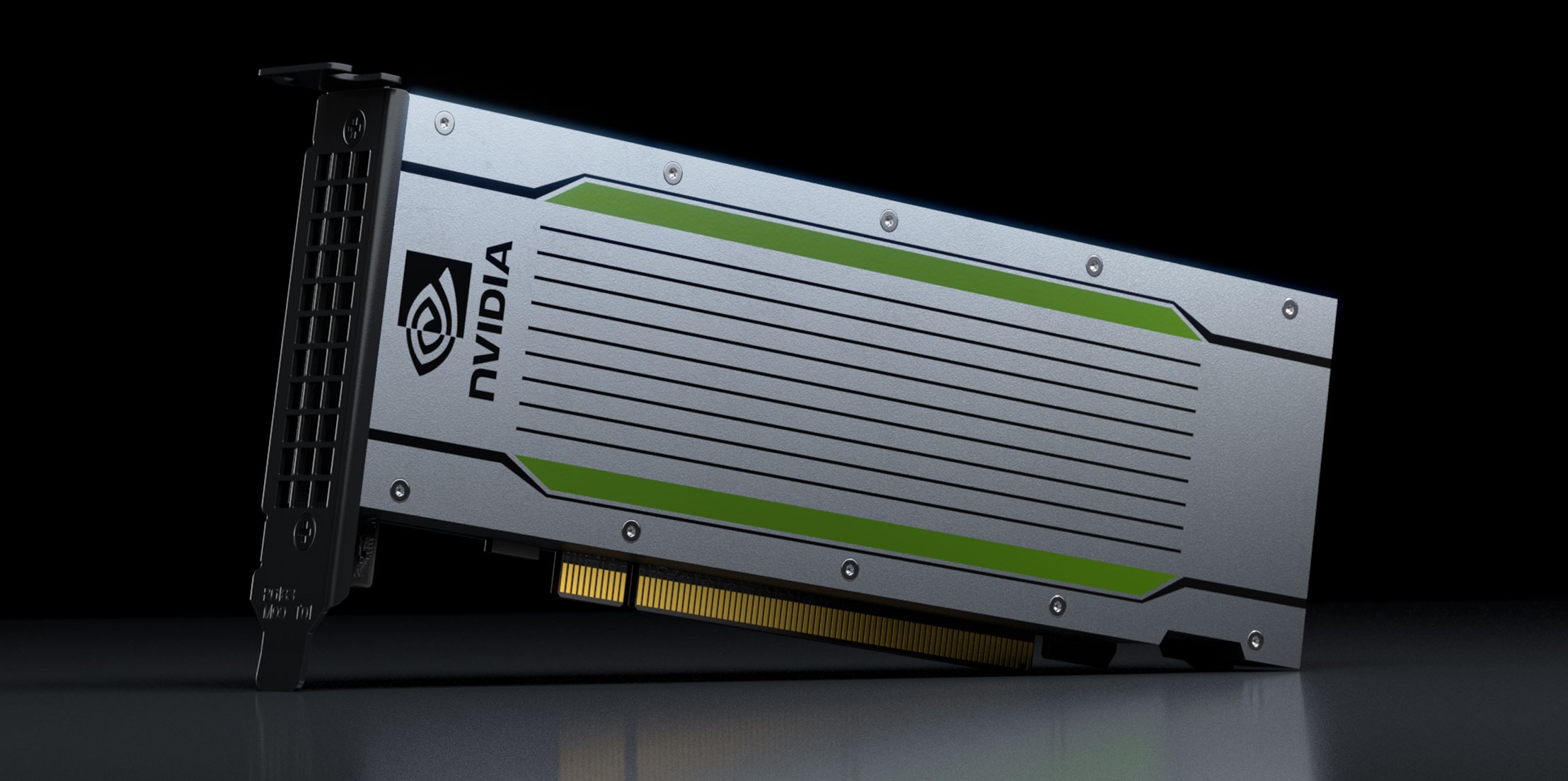The technology sector is vast, comprising gadget makers, software developers, wireless providers, streaming services, semiconductor companies, and cloud computing providers, to name just a few. Any company that sells a product or service heavily infused with technology likely belongs to the tech sector.

What are tech stocks?
Hardware Companies
These design and build devices such as:
- Personal computers.
- Networking servers.
- Semiconductors.
- Smartphones.
- Fitness trackers.
- Smart speakers.
- Enterprise equipment, such as servers and networking gear.
Software Companies
These design the software that runs on hardware, such as:
- Operating systems.
- Databases.
- Cybersecurity software.
- Productivity software.
- Cloud computing providers.
- Artificial intelligence (AI).
Software companies are increasingly moving to a software-as-a-service (SaaS) model in which customers buy a subscription to a program instead of a one-time license. The arrangement generates recurring revenue for the software company.
Semiconductor chips largely power the hardware. Semiconductor companies design and/or manufacture central processing units (CPUs), graphics processing units (GPUs), memory chips, and a wide variety of other chips that help to run today's devices.
Telecom companies that provide wireless services support the tech sector, but actually belong to the communications sector; so do the video streaming companies that provide easy access to high-quality content, and the cloud computing providers that power those streaming services.
The best tech stocks in 2025
Many of the most valuable companies in the world are technology companies. Here are three of the most dominant and largest tech stocks that investors should consider:
1. Microsoft

NASDAQ: MSFT
Key Data Points
Microsoft (MSFT +0.96%) is a dominant software company known for its Windows PC operating system and Office productivity software. Microsoft is also the second-largest provider of cloud infrastructure, and it provides AI exposure through Copilot, which is available in many different Microsoft products.
2. Apple

NASDAQ: AAPL
Key Data Points
Apple (AAPL +0.62%) makes the iPhone, iPad, and Mac computers. Intense customer loyalty ensures plenty of repeat customers, and a growing array of services makes Apple's ecosystem sticky.
3. Nvidia

NASDAQ: NVDA
Key Data Points

Alphabet (NASDAQ:GOOG) (NASDAQ:GOOGL), Amazon (NASDAQ:AMZN), and Meta Platforms (NASDAQ:META) are not technically tech stocks, despite often being lumped in with them.
These stocks actually belong to the communications (Meta and Alphabet) and consumer discretionary sectors (Amazon), despite their tech-heavy products and services.
Related investing topics
How to analyze tech stocks
For mature tech companies that produce profits, the price-to-earnings (P/E) ratio is a useful metric. Divide the stock price by per-share earnings, and you get a multiple that tells you how highly the market values the company's current earnings. The higher the multiple, the more value the market is placing on future earnings growth.
Many tech companies aren't profitable, so the price-to-earnings ratio isn't a good metric to evaluate them. Revenue growth matters more for younger companies. If you're investing in something unproven, you want to make sure it has solid growth prospects.
For unprofitable tech companies, it's also important that the bottom line is moving from losses toward profits. As a company grows, it should become more efficient, especially when it comes to the sales and marketing spending necessary to close deals. If it's not, or if spending is growing as a percentage of revenue, that could indicate something is wrong.
Ultimately, a good tech stock is one that trades at a reasonable valuation, given its growth prospects. Accurately figuring out those growth prospects is the hard part. If you expect earnings to skyrocket in the coming years, paying a premium for the stock can make sense. But if you're wrong about those growth prospects, your investment may not work out.
Investing in an exchange-traded fund (ETF) that focuses on tech stocks is one way to avoid making mistakes. The iShares Expanded Tech Sector ETF (IGM +0.78%) is a comprehensive option at a 0.41% expense ratio.
Investing in tech stocks can be risky, but you can reduce your risk by investing only when you feel confident that their growth prospects justify their valuations.
















